Major World Religions and Philosophies: Key Beliefs and Origins
1/25
There's no tags or description
Looks like no tags are added yet.
Name | Mastery | Learn | Test | Matching | Spaced |
|---|
No study sessions yet.
26 Terms
Who is considered the founder of Judaism?
Abraham, around 2000 BCE.
What are the basic beliefs of Judaism?
Monotheism, covenant with God, following the Torah and mitzvot.
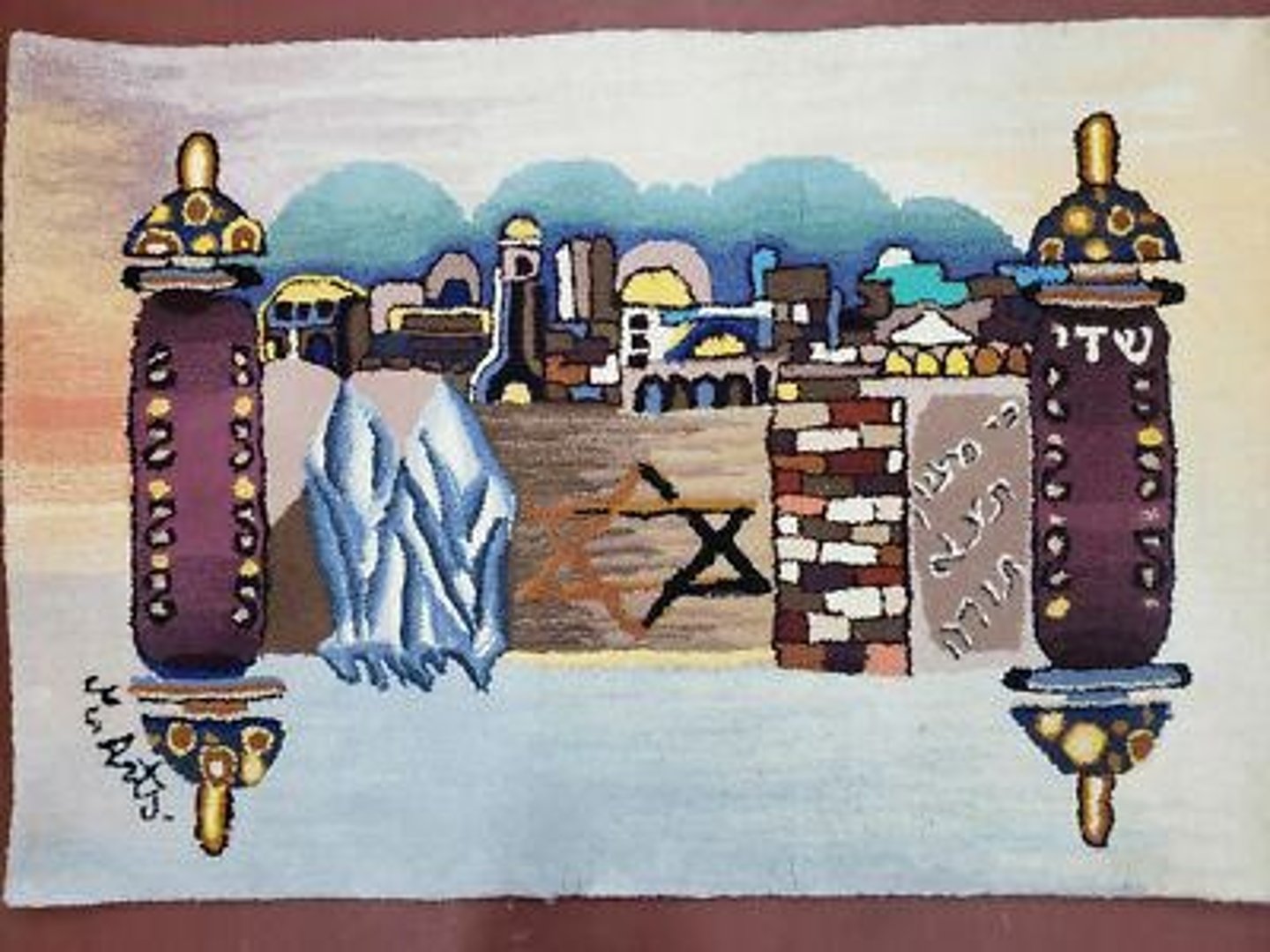
What are the holy texts of Judaism?
Torah, Tanakh, and Talmud.
What significant event led to Jewish communities outside Israel?
The Babylonian Exile in 586 BCE.
Who is the founder of Christianity?
Jesus Christ, around 30 CE.
What are the basic beliefs of Christianity?
Trinity, salvation through Jesus, love and forgiveness.
What is the holy text of Christianity?
The Bible, including the Old and New Testament.
What are the Five Pillars of Islam?
Shahada, Salah, Zakat, Sawm, Hajj.
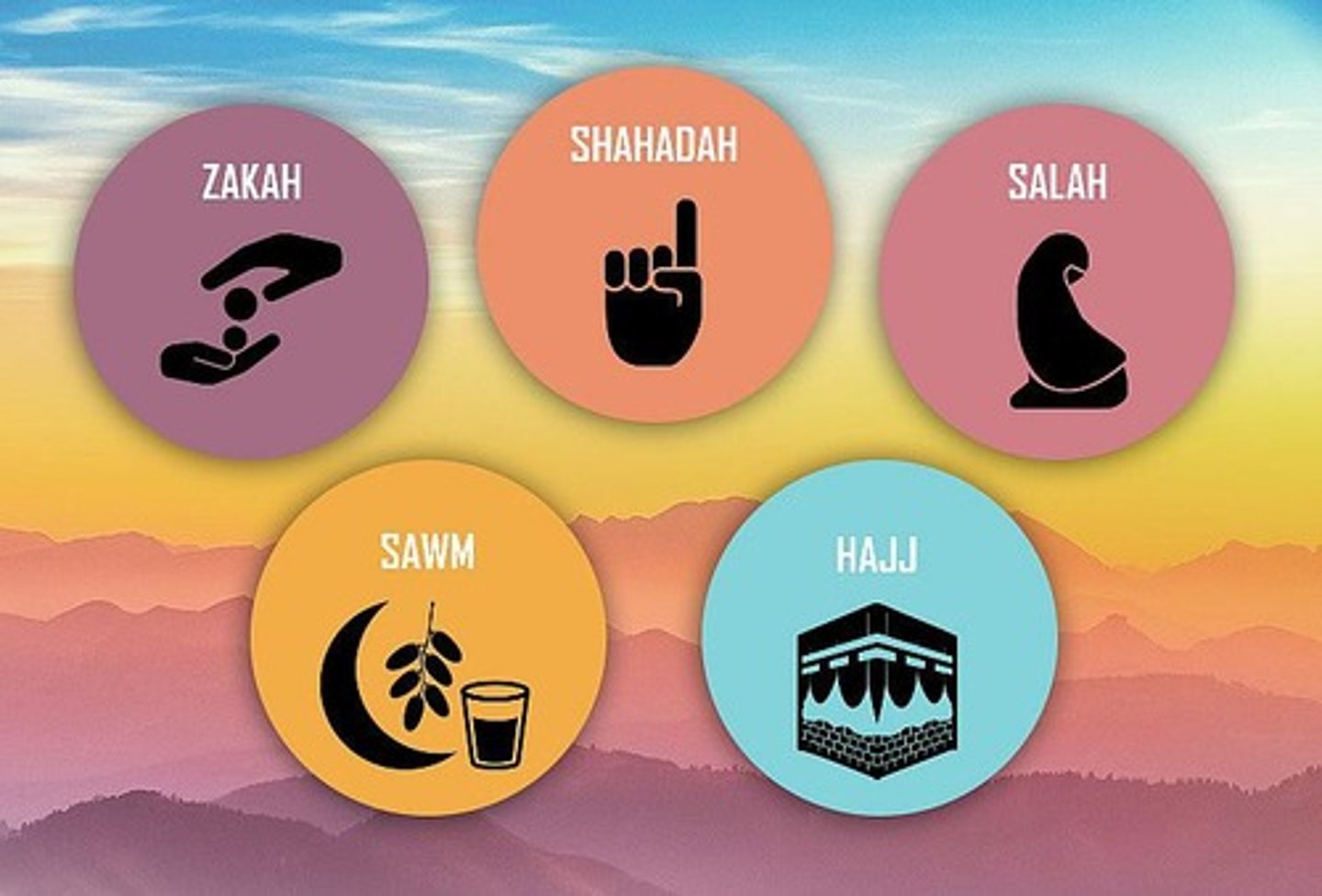
Who is the founder of Islam?
Prophet Muhammad, who lived from 570-632 CE.
What is the holy text of Islam?
The Quran.
What is the significance of the Hijra in Islam?
It marks the beginning of the Islamic calendar and Muhammad's migration from Mecca to Medina.
What are the basic beliefs of Hinduism?
Dharma, karma, samsara, and moksha.
What are the holy texts of Hinduism?
Vedas, Upanishads, Bhagavad Gita, Ramayana, Mahabharata.
Who is the founder of Buddhism?
Siddhartha Gautama (Buddha), around 500 BCE.
What are the Four Noble Truths of Buddhism?
1. Dukkha: Life contains suffering. 2. Samudaya: Suffering comes from attachment. 3. Nirodha: End suffering by letting go of attachments. 4. Magga: Follow the Eightfold Path.
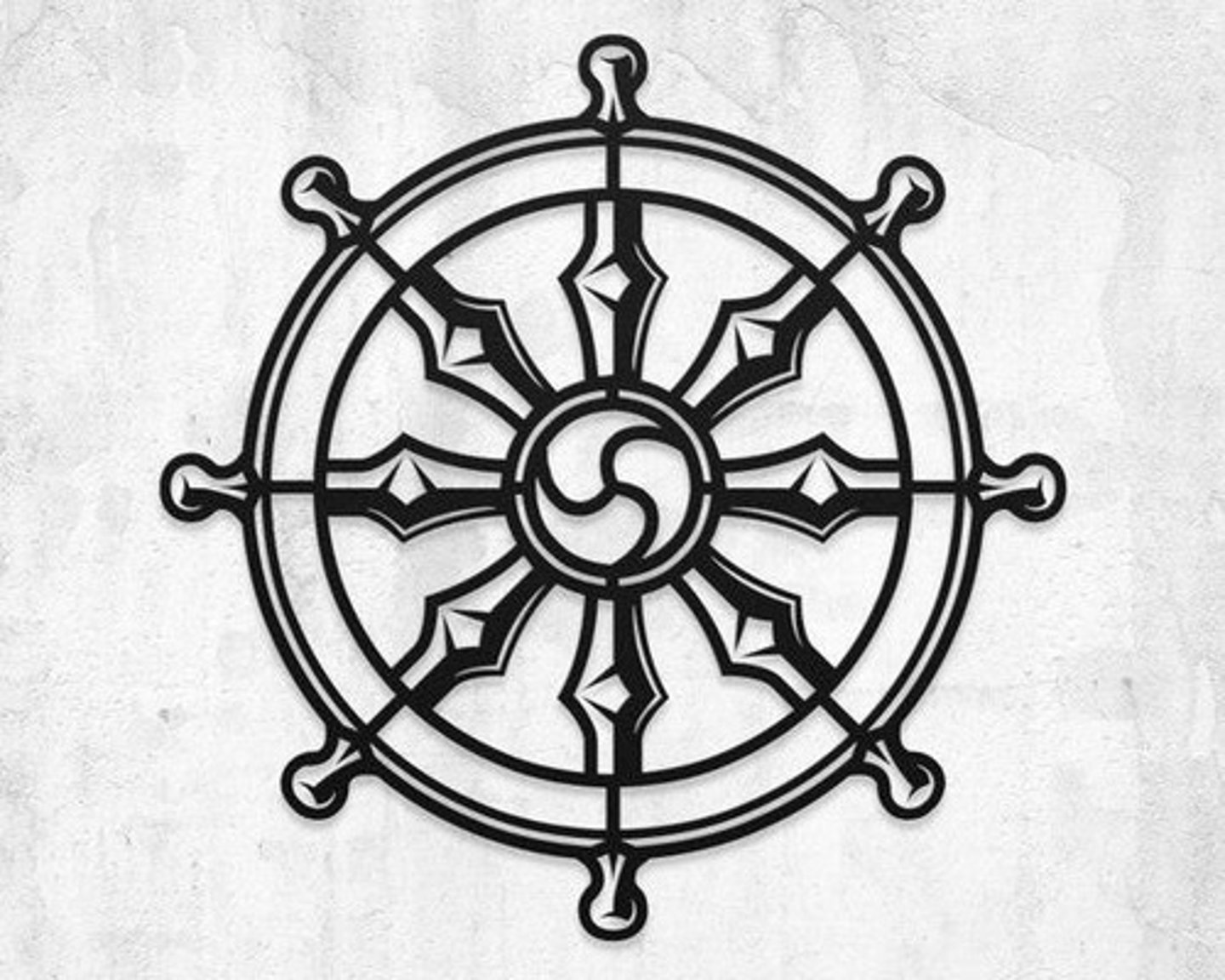
What is the Eightfold Path in Buddhism?
Right understanding, intention, speech, action, livelihood, effort, mindfulness, concentration.
What is the concept of samsara in Hinduism and Buddhism?
The cycle of birth, death, and rebirth.
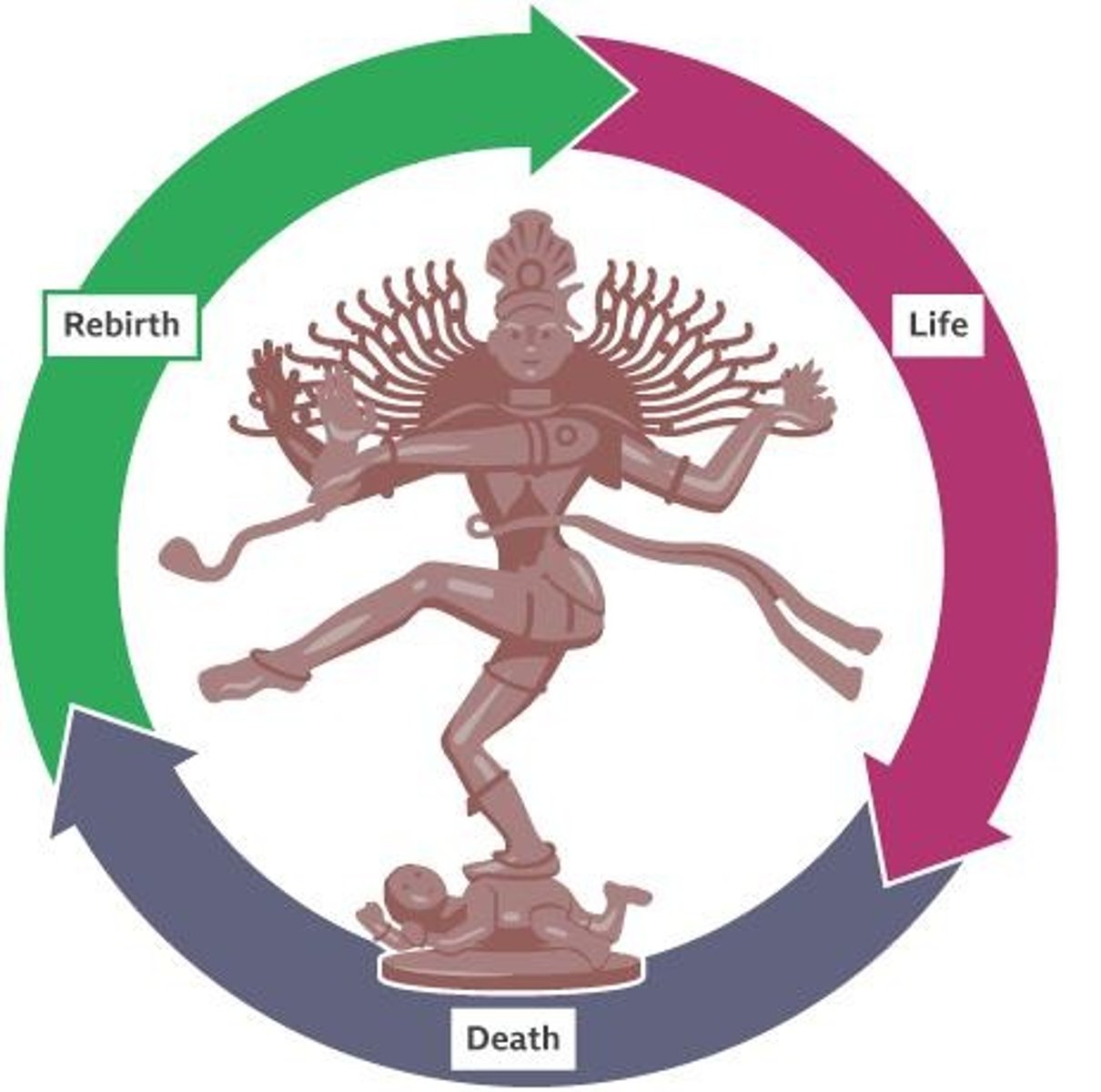
What is moksha in Hinduism?
Liberation from the cycle of samsara.
What is nirvana in Buddhism?
The state of enlightenment and freedom from suffering.
What are the core principles of Confucianism?
Ren (benevolence), li (proper conduct), filial piety, social harmony.
Who is the founder of Confucianism?
Confucius (Kong Qiu), 551-479 BCE.
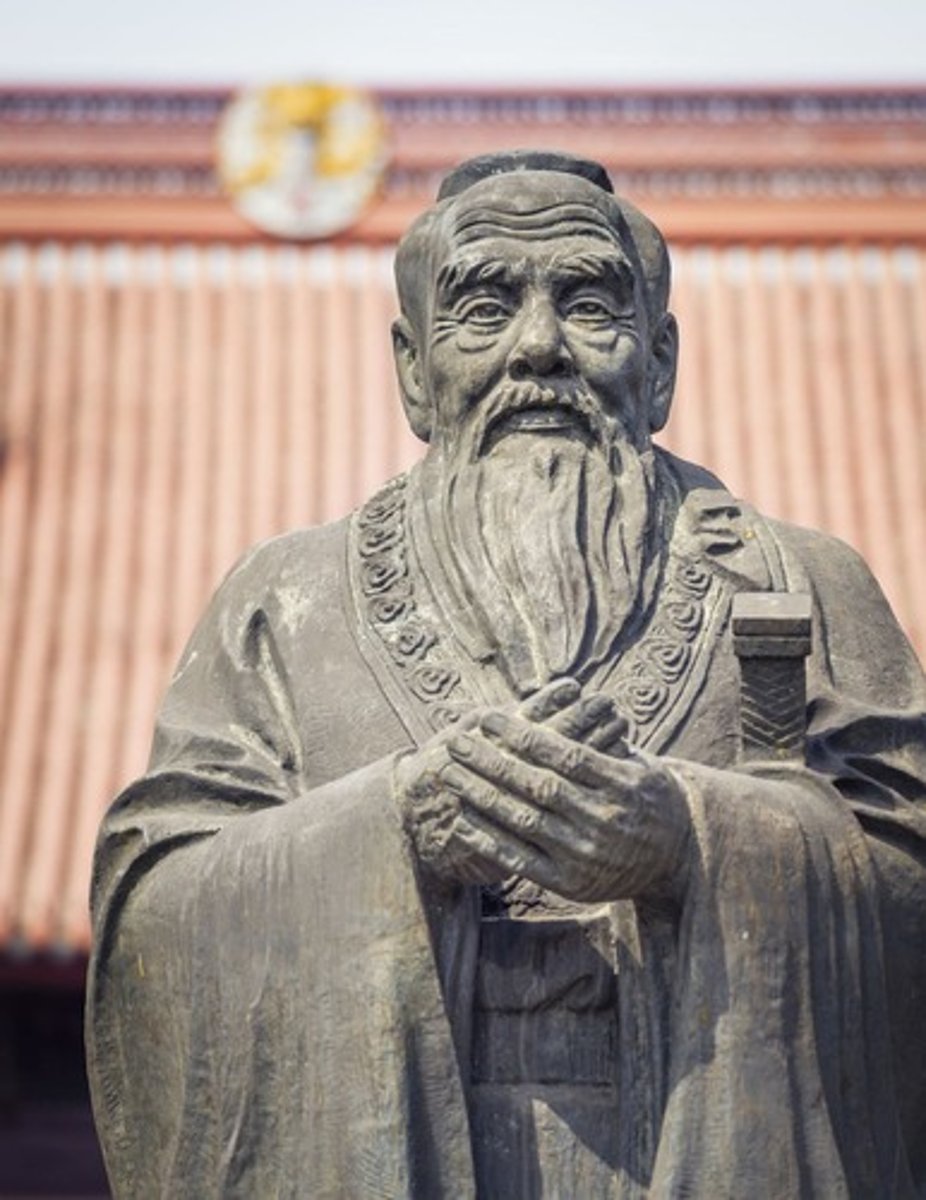
What are the basic beliefs of Taoism?
Wu wei (non-action), balance of yin and yang, harmony with nature.

What is the holy text of Taoism?
Tao Te Ching.
What common themes exist among world religions?
Golden Rule variations, compassion, moral living, community.
What are the key geographic patterns of world religions?
Abrahamic faiths from the Middle East; Eastern religions from Asia.
How do Hinduism and Buddhism share common beliefs?
Both believe in karma, samsara, dharma, meditation, and ahimsa.